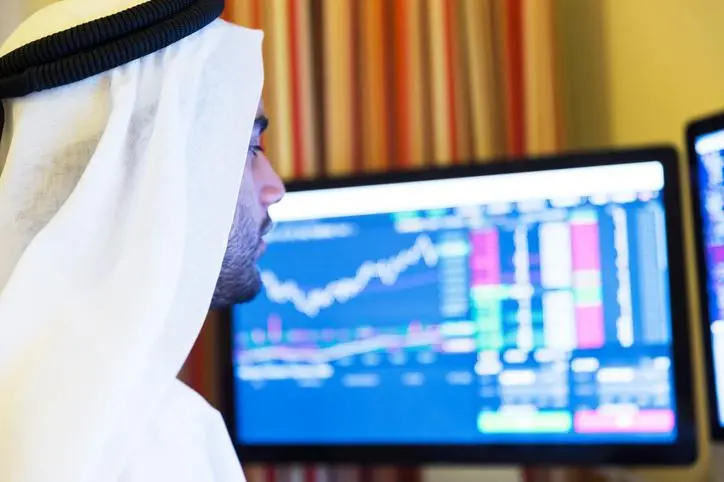PHOTO
DUBAI - Bahrain has hired banks to arrange a multi-tranche sale of U.S. dollar-denominated sukuk and bonds that would be the country's second bond issue this year, a document from one of the banks arranging the deal showed on Tuesday.
The Gulf state, which averted a credit crunch in 2018 with a $10 billion aid package from its wealthy neighbours, raised $2 billion in May to bolster finances battered by low oil prices and the coronavirus crisis.
"Appetite for yield is high at the moment so I think demand will be high for Bahrain, as it's perceived as a lower-rated country backed by the rest of the GCC," said Raffaele Bertoni, head of debt capital markets at Gulf Investment Corporation, referring to the six-member Gulf Cooperation Council.
Bahrain, rated B+ by S&P and Fitch, hired Bank ABC, Citi, Gulf International Bank, HSBC, National Bank of Bahrain and Standard Chartered to arrange an investor call on Tuesday, the document said. It plans to issue seven-year sukuk, or sharia-compliant bonds, as well as 12-year conventional bonds and/or 30-year conventional bonds, subject to market conditions.
"They will have no difficulty placing the shorter-dated sukuk with regional investors. Pricing on the 12-year or possible 30-year bond will be driven by international investors," said Doug Bitcon, head of credit strategies at Rasmala Investment Bank.
As of the end of June, Bahrain's debt-to-GDP ratio was 114.9%, with $23.141 billion in external government debt and $14.355 billion in gross domestic government debt, according to an investor presentation seen by Reuters.
Its foreign reserves, including gold, stood at $1.87 billion as of the end of June, estimated to cover 1.3 months of obligations of goods imports.
Bahrain adjusted its expected overall budget deficit for 2020 to $2.148 billion, or 6.6% of gross domestic product, from a previous estimate of $1.598 billion, or 4%, the presentation showed. It expects a 0.9% primary deficit from a previously estimated 0.8% surplus.
The finance ministry did not respond to a request for comment.
A fixed income strategist expected the sukuk to be priced to yield around 4.5% and the 12-year bonds around 5.5%, adding there was an expectation among investors that further Gulf aid for Bahrain would be forthcoming if needed.
"The 30-year could be priced around 6.25%, which is significant since Bahrain issued four-year sukuk in May this year at that level," he said.
(Reporting by Yousef Saba; Editing by Andrew Heavens and Catherine Evans) ((Yousef.Saba@thomsonreuters.com; +971562166204))





















